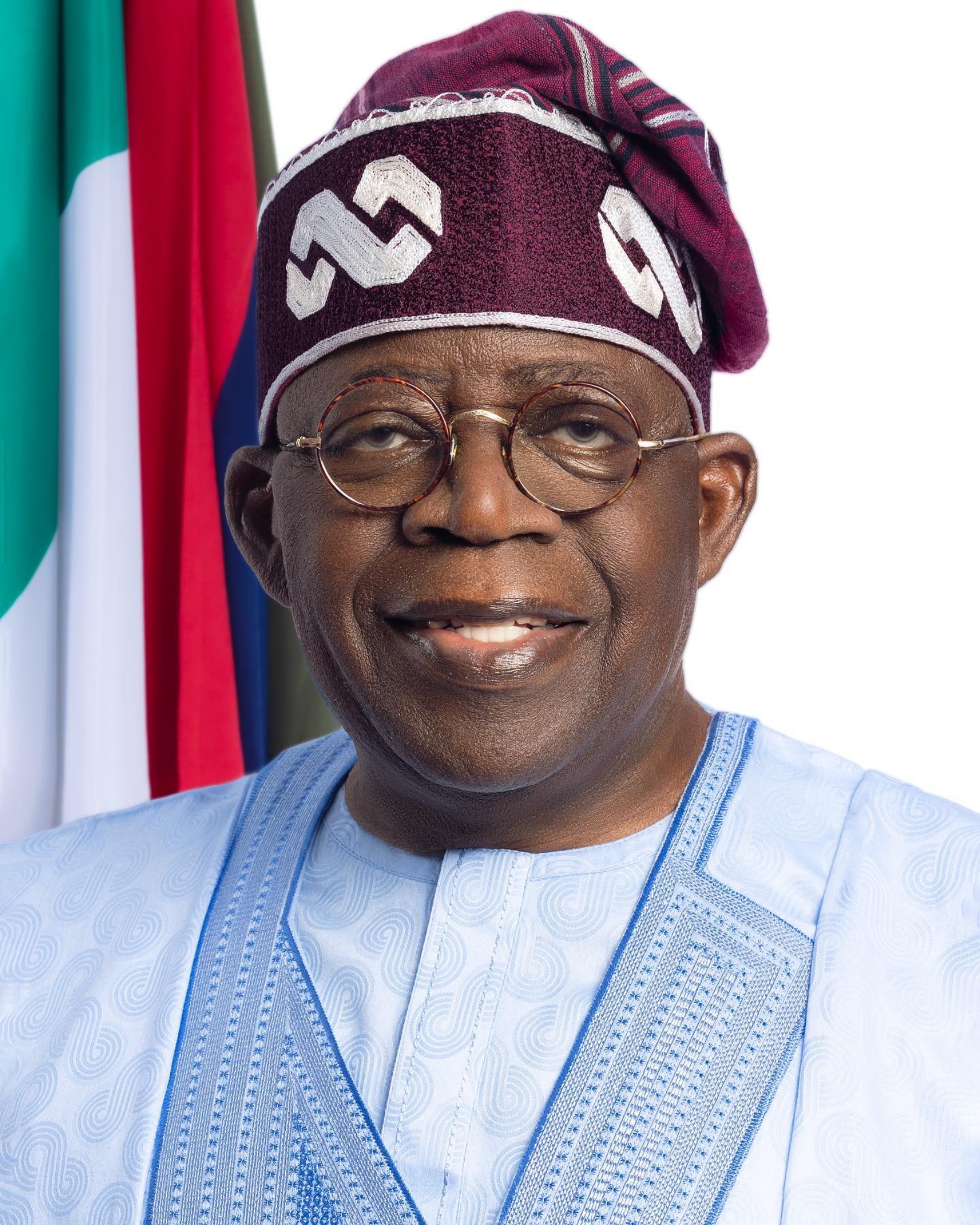Politics
Nigeria Politics
This page explores Nigeria’s political structure incorporating real-time RSS feed news and videos. By harnessing the power of RSS feeds, visitors can stay informed about the latest developments in Nigeria’s politics as they happen. The dynamic nature of these feeds ensures that users receive up-to-the-minute updates on political events, policy changes, and significant milestones, enabling them to stay abreast of the ever-evolving political scene.

Bola Tinubu
16th President of Nigeria
Incumbent
Assumed office
29 May 2023
Image credit
Nigeria operates under a federal republic framework, combining the presidential system with a multi-party system. The country’s political structure is defined by its Constitution, which was most recently revised in 1999. This foundational document establishes Nigeria as a Federal Republic composed of 36 states and the Federal Capital Territory of Abuja. The political system is modeled somewhat on the United States, featuring a clear division of powers among the executive, legislative, and judicial branches of government. The President of Nigeria serves as both the head of state and the head of government, overseeing the executive branch, and is elected by popular vote for a maximum of two four-year terms.
The legislative power in Nigeria is bicameral, consisting of the National Assembly, which includes the Senate and the House of Representatives. The Senate is made up of 109 senators, with three senators from each state and one from the Federal Capital Territory, elected for four-year terms. The House of Representatives, on the other hand, comprises 360 members representing constituencies across the nation, also elected for four-year terms. This structure is designed to ensure representation of the diverse population and interests within the country, allowing for legislative deliberation and decision-making that reflects the federal nature of Nigeria.
Judicial authority in Nigeria is independent of the executive and legislative branches, ensuring the rule of law and constitutional governance. The judicial system is headed by the Chief Justice of Nigeria and includes the Supreme Court, which is the highest court in the land, followed by the Court of Appeal and various High Courts. This structure facilitates a legal framework for dispute resolution, human rights protection, and the interpretation of the Constitution. The Nigerian political system, with its federal, democratic principles, aims to balance power, promote stability, and accommodate the country’s ethnic, religious, and cultural diversity, which is crucial for the governance of Africa’s most populous nation.
Unless other sources are listed, original content is provided by ChatGPT. ChatGPT may produce inaccurate information about people, places, or facts. #Nigeria #NigeriaPolitics #NigeriaNews #NigeriaNewsToday #NigeriaRSSFeed #BlahFace



